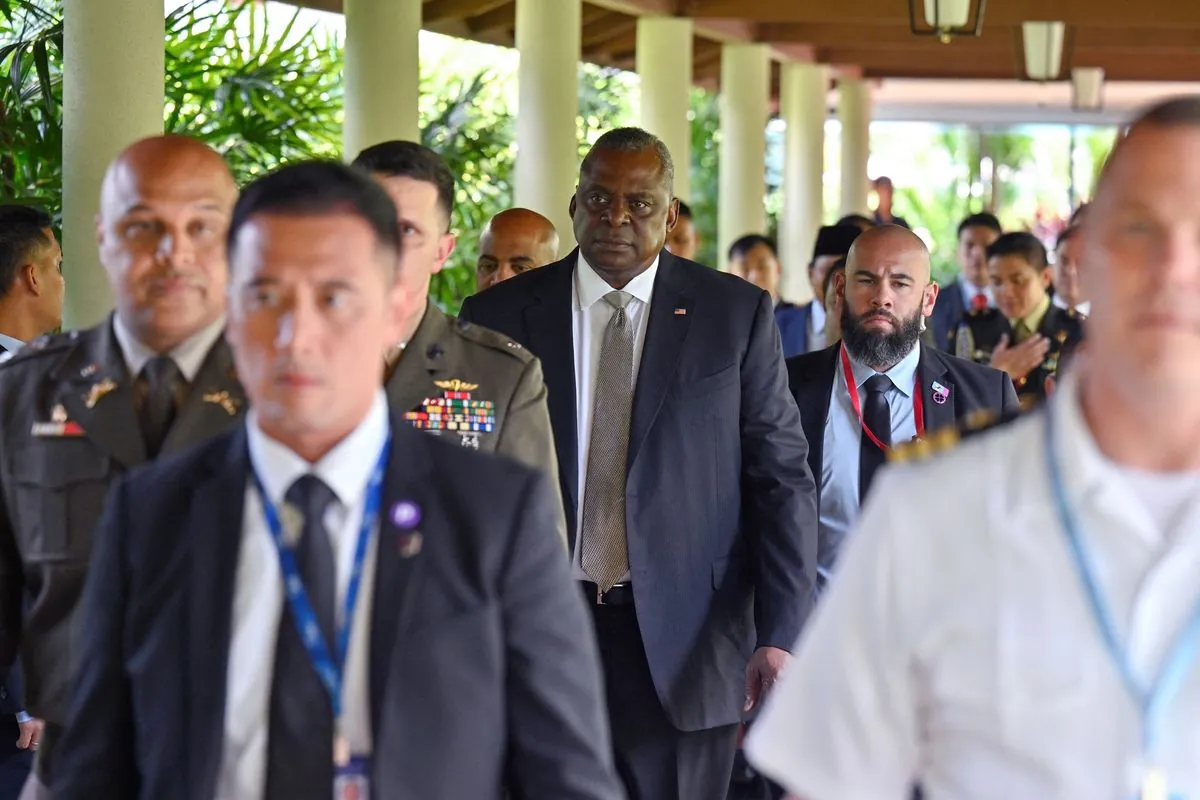Global Power Shift: The Decline of Western Dominance and Rise of New Players
As Western influence wanes, new powers emerge on the global stage. The Shangri-La Dialogue in Singapore highlights tensions between the US and China, while BRICS+ expansion signals a changing world order.

In June 2022, the Shangri-La Dialogue, a prominent annual security summit, took place in Singapore, showcasing the growing tensions between the United States and China. This event, occurring just over two years ago, highlighted the shifting dynamics in global power and the challenges facing Western dominance.
Lloyd Austin, the US Secretary of Defense, and Wei Fenghe, China's defense minister, delivered contrasting speeches that underscored the strained relationship between the two nations. Austin emphasized the US military presence in the Indo-Pacific region and reaffirmed commitments to allies, while Wei accused the US of attempting to "hijack" countries in the area.

The summit also featured a virtual appearance by Ukrainian President Volodymyr Zelensky, who spoke from Kyiv, serving as a stark reminder of the ongoing conflict with Russia. His presence highlighted the potential consequences of authoritarian aggression and the importance of preserving Western leadership in global affairs.
However, the narrative of "evil authoritarians" versus "virtuous democracies" may oversimplify the complex realities of the emerging world order. Singapore, the host country, exemplifies a successful state that has eschewed Western-style democracy while maintaining friendships with both Western countries and China.
The expansion of BRICS to BRICS+ in 2024, with the addition of Egypt, Ethiopia, Iran, Saudi Arabia, and the United Arab Emirates, further illustrates the growing influence of non-Western powers. This development signals a transition from an era of unbridled Western global influence to one of contested Western influence.
"Your enemy is not necessarily my enemy"
As Western dominance declines, post-colonial resentments are resurfacing and taking on new meanings. France's struggles to maintain influence in West Africa and global criticism of Western support for Israel during the Gaza conflict exemplify these changing dynamics.
The diversity of voices shaping world affairs is expected to increase in the future. South Africa's case against Israel at the International Court of Justice, supported by numerous states, offers a glimpse into the future of international relations.
While geopolitics sometimes trumps post-colonial grudges, as seen in the Philippines' strengthened security ties with the US in response to Chinese maritime harassment, the overall trend points towards a multipolar world order.
As we navigate this era of "Westlessness," it is crucial to recognize the long-term trends shaping global affairs rather than fixating on individual events. The Western countries must adapt to changing realities and actively maneuver to preserve their global influence in a world where multiple centers of power and influence are emerging outside the West's reach.


































